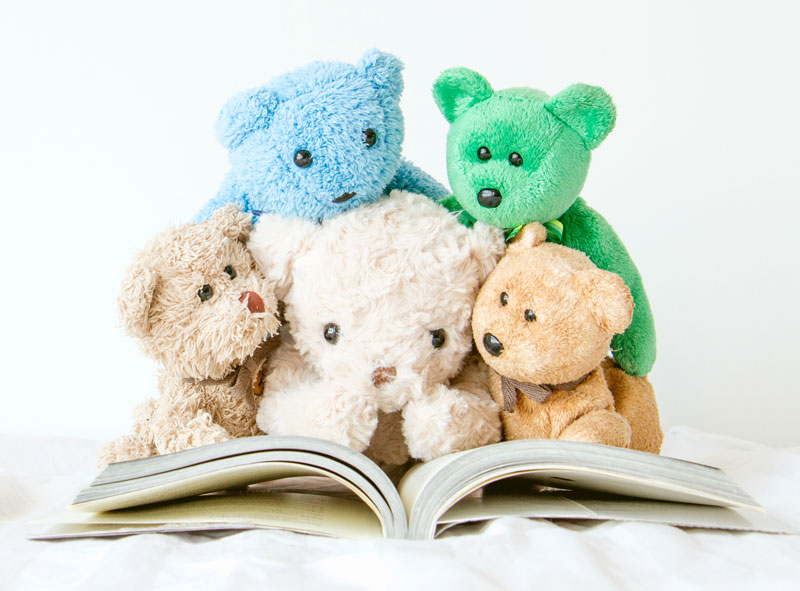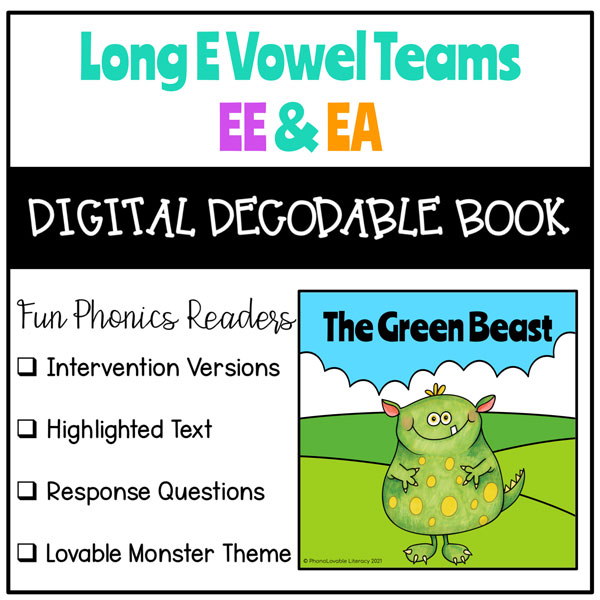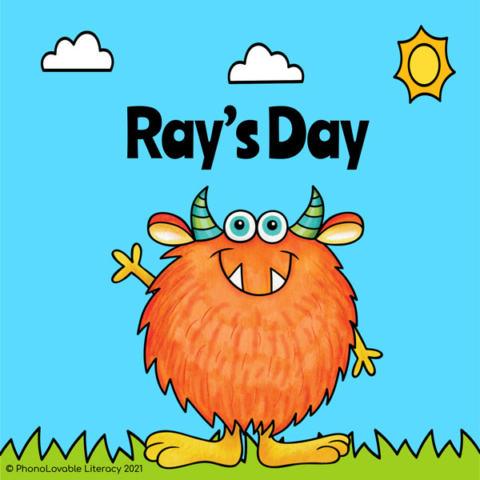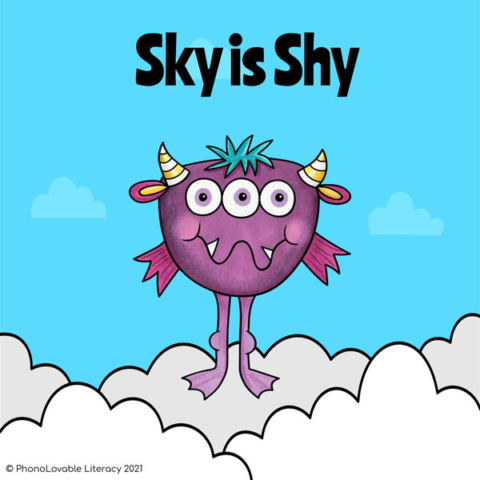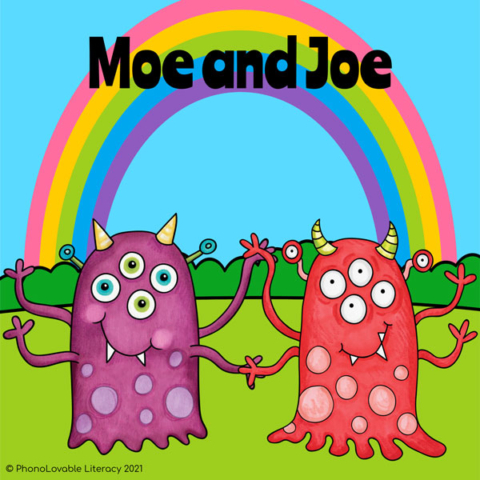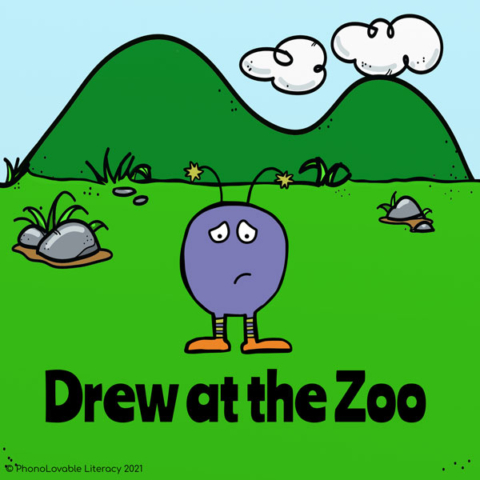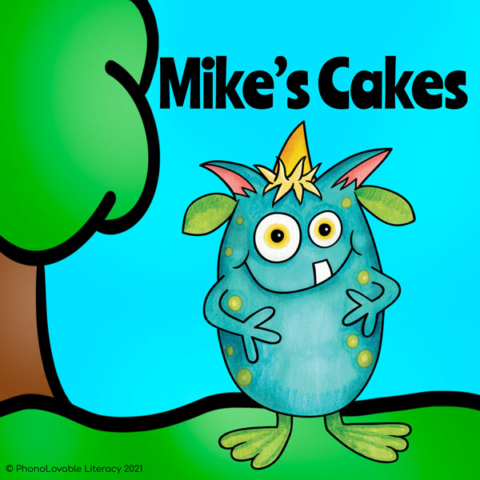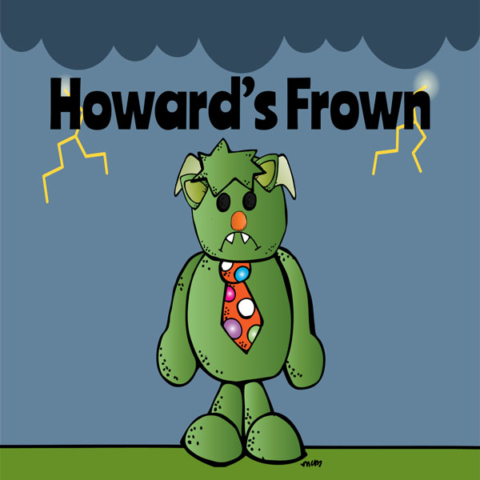Once, I had a first grader look at the book I handed him and say, “I can’t read books!” When I pointed to all the word cards he just read during our lesson he replied, “I can read those, but not that!”, again pointing to the book.
I had to clue him in on two important things. 1) Yes, you can ! And 2) Books are made up of words. He went on to read that book and many more.
Why is Reading with Decodable Books Important?
When we give children the chance to APPLY the phonics skills they’re learning by giving them books filled with words they can successfully sound out, children develop healthy reading habits, as opposed to using guessing as a strategy. Students gain confidence when they see that they CAN read books, instead of “just words”. They begin to identify themselves as readers.

I often hear reading decodable books being compared to training wheels on a bike and I think that’s a perfect analogy. We don’t need training wheels our whole lives, but they help us gain the practice necessary to ride without them one day. If we didn’t have them, especially if riding didn’t come easily to us and we fell to the ground each time we went out, would we want to get on a bike again? I don’t think so. We would feel defeated. We would think, maybe this whole bike-riding thing isn’t for me. Bike riding would become a source of stress whenever the other kids were out riding with ease.
Maybe a small percentage of kids can jump on a 2-wheel bike and get the hang of it without falling, but not many. Maybe I ran on far too long with that analogy, but I wanted to stress that putting decodable books in the hands of students beginning to learn the alphabetic code will strengthen their reading skills and allow them to eventually apply those skills to less-controlled text. And once they are ready for the wheels to come off, they will be on much steadier ground. They may even learn to love bike riding.
What’s the Problem with Reading Decodable Books?

I think most of us agree that decodable books can play an important role in our children’s early literacy lives, BUT by far the biggest complaint I hear from teachers about decodable books is that they are BORING. “Kip did sit. Jim did hit.” Do you really care about Kip and Jim at this point? Both kids and teachers may find the text meaningless and the language awkward. The characters aren’t relatable. Well, that may be true for a lot of decodable sets, but there are so many publishers now with truly engaging stories that kids love, which at the same time provide the practice in applying strong reading habits in connected text. Keep on reading to hear about some favorites.
How Can I Inspire My Students to Want to Read Books?
Give them books that they’ll enjoy AND feel successful reading. As the decodable book genre is growing in popularity, there’s a much better selection now than ever before.
My favorite new series is from Whole Phonics. The characters have a bit of personality and fun stuff actually happens in the storylines. Children can make connections to their world. And the illustrations are just as fun as the stories!
Another set with adorable characters is from Express Readers. My less confident readers gravitate towards these because there is usually less text per page compared to other series and the language is simple and easy to follow.
I’m not an affiliate of these companies in any way. My students just love their books and I think yours would too!
Over the past year, I started creating sets of digital decodable books that feature lovable characters and relatable storylines as well. These are engaging, fun-to-read stories that my students love to read again and again, which provides the necessary repetition that leads to word-reading automaticity and fluency. I’m lucky to have a family of teachers and artists. My sister, an early childhood educator for over 20 years, wrote the first book in my series. My talented mom wrote one as well.
You can get the first story, The Green Beast, for FREE here. You’ll get several different versions of text for diverse student needs, including a full-length version and an intervention version with shortened, simplified text.
If you’re interested in similar stories, I invite you to take a peek at my other long vowel and vowel team decodable books as well. Here are some of the lovable characters your students will meet in my books.
Final Thoughts on Reading Decodable Books
If past experiences with boring, awkward decodable books have left a bad taste in your mouth, I hope you’ll find some new sets to love. And if you already use decodables regularly with your beginning students, I hope that they continue to gain confidence as readers!
